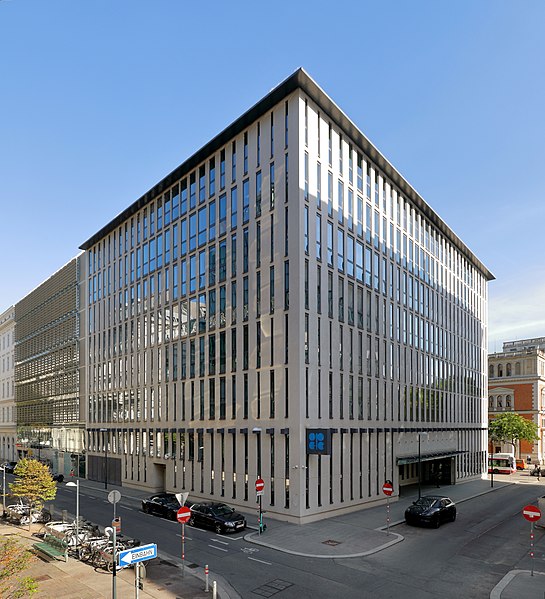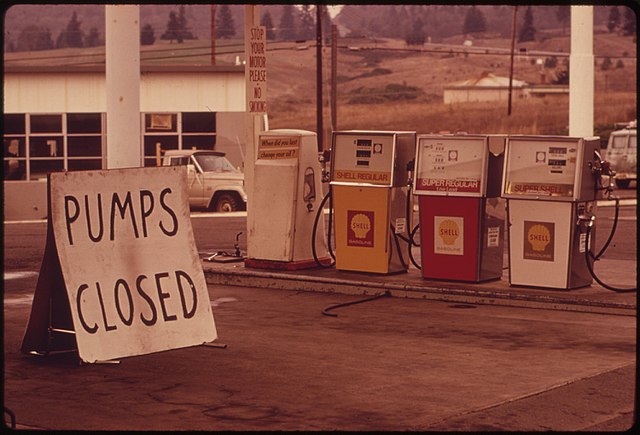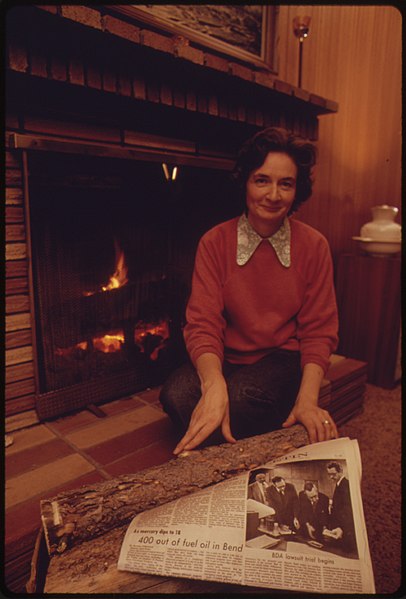On 21 December 1975, six terrorists attacked the semi-annual meeting of OPEC leaders in Vienna, Austria; the attackers took more than 60 hostages after killing an Austrian policeman, an Iraqi OPEC security officer, and a Libyan economist. Several other individuals were wounded. The self-named "Arm of the Arab Revolution" group was led by Carlos the Jackal. The siege resulted in complex diplomatic negotiations. It ended two days later, after flights to Algiers and Tripoli, with all the hostages and terrorists walking away from the situation. The fact that this was one of the first times that Arab states were targeted by terrorists also led to them being more cooperative in developing antiterrorism efforts at the United Nations.
Dr. Karl Lueger-Ring 10 in 2011, now the office of the Dorda [de] law firm.
The path taken by the attackers inside OPEC Headquarters
The Organization of the Petroleum Exporting Countries is an organization enabling the co-operation of leading oil-producing countries in order to collectively influence the global oil market and maximize profit. It was founded on 14 September 1960 in Baghdad by the first five members. The organization, which currently comprises 12 member countries, accounted for an estimated 30 percent of global oil production. A 2022 report further details that OPEC member countries were responsible for approximately 38 percent of it. Additionally, it is estimated that 79.5 percent of the world's proven oil reserves are located within OPEC nations, with the Middle East alone accounting for 67.2 percent of OPEC's total reserves.
OPEC Conference delegates at Swissotel, Quito, Ecuador, December 2010
OPEC headquarters in Vienna (2009 building)
An undersupplied US gasoline station, closed during the oil embargo in 1973
A woman uses wood in a fireplace for heat. A newspaper headline in the foreground shows a story regarding a lack of heating oil in the community.

![Dr. Karl Lueger-Ring 10 in 2011, now the office of the Dorda [de] law firm.](https://upload.wikimedia.org/wikipedia/commons/thumb/3/3d/Dr._Karl_Lueger-Ring_77.JPG/640px-Dr._Karl_Lueger-Ring_77.JPG)




